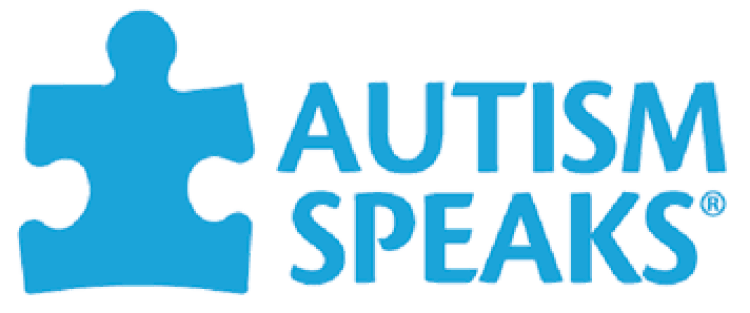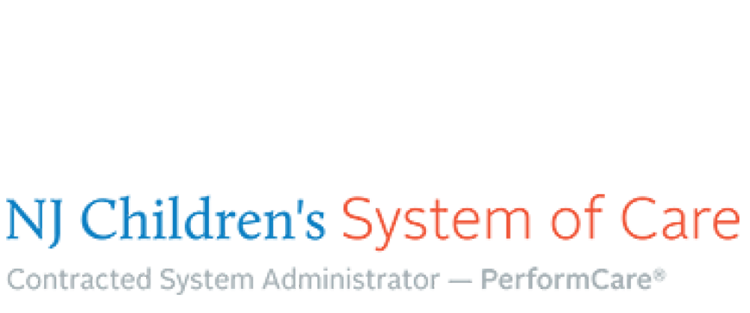Prenatal and Postpartum Care
Pregnancy care consists of prenatal (before birth) and postpartum (after birth) healthcare. It involves treatments and trainings to ensure a healthy pre-pregnancy, pregnancy, and labor and delivery for mom and baby.
Prenatal Care
Prenatal care helps decrease risks during pregnancy and increases the chance of a safe and healthy delivery. Regular prenatal visits can help your doctor monitor your pregnancy and identify any problems or complications before they become serious.
Babies born to mothers who lack prenatal care have triple the chance of being born at a low birth weight.
Prenatal care ideally starts at least three months before you begin trying to conceive. Some healthy habits to follow during this period include:
- quitting smoking and drinking alcohol
- taking folic acid supplements daily
- talking to your doctor about your medical conditions, dietary supplements, and any over-the-counter or prescription drugs that you take
- avoiding all contact with toxic substances and chemicals at home or work that could be harmful
During Pregnancy
Once you become pregnant, you’ll need to schedule regular healthcare appointments throughout each stage of your pregnancy.
A schedule of visits may involve seeing your doctor:
- every month in the first six months you are pregnant
- every two weeks in the seventh and eighth months you are pregnant
- every week during your ninth month of pregnancy
During these visits, your doctor will check your health and the health of your baby.
Visits may include:
- taking routine tests and screenings
- monitoring your blood pressure
- measuring your weight gain
- monitoring the baby’s growth and heart rate
- talking about special diet and exercise
If your pregnancy is considered high risk because of your age or health conditions, you may require more frequent visits and special care. You may also need to see a doctor who works with high-risk pregnancies.
Postpartum Care
While most attention to pregnancy care focuses on the nine months of pregnancy, postpartum care is important, too. The postpartum period lasts six to eight weeks, beginning right after the baby is born.
During this period, the mother goes through many physical and emotional changes while learning to care for her newborn. Postpartum care involves getting proper rest, nutrition, and vaginal care.
Getting Enough Rest
Rest is crucial for new mothers to rebuild their strength. To avoid getting too tired, you may need to:
- sleep when your baby sleeps
- keep your bed near your baby’s crib to make night feedings easier
- allow someone else to feed the baby with a bottle while you sleep
Eating Right
Getting proper nutrition in the postpartum period is crucial because of the changes your body goes through during pregnancy and labor.
The weight that you gained during pregnancy helps make sure you have enough nutrition for breast-feeding. However, you need to continue to eat a healthy diet after delivery.
Experts recommend that breast-feeding mothers eat when they feel hungry.
- avoid high-fat snacks
- focus on eating low-fat foods that balance protein, carbohydrates, and fruits and vegetables
- drink plenty of fluids
Symptoms that may need follow up:
New mothers may experience:
- Soreness if you had a tear during delivery
- urination problems like pain or a frequent urge to urinate
- discharge, including small blood clots
- contractions during the first few days after delivery
Schedule a checkup with your doctor about six weeks after delivery to discuss symptoms and receive proper treatment.
The Takeaway
It’s important to stay as healthy as possible during pregnancy and during the postpartum period. Stay on top of all of your healthcare appointments and follow your doctor’s instructions for the health and safety of you and your baby.
Sources: https://www.healthline.com/health/pregnancy-care#takeaway
Find a Developmental Pediatrician
Choose your MagnaCare health plan; then search for a developmental pediatrician (Developmental-Behavioral Pedi) in the Find a Provider menu.


The leading society for persons with autism, Autism Speaks is dedicated to advancing research into causes and better treatments for autism spectrum disorders and related conditions both through direct funding and collaboration. Learn More >

A not-for-profit organization that serves people with autism in New York City and Long Island, Eden II is recognized nationally as a leader in working with individuals across the autism spectrum, including those with the most significant challenges. Learn More >

The CDC is the leading national institute of public health. It is part of the US Department of Health and Human Services. The CDC provides a wealth of information about autism. Topics include diagnosis, treatment, research, and more. Learn More >

New Jersey residents can contact NJ Children’s System of Care/PerformCare to request services, resources, tools, and support for their children with autism. Learn More >
Autism New Jersey is a nonprofit agency committed to ensuring safe and fulfilling lives for individuals with autism, their families, and the professionals who support them. Through awareness, credible information, education, and public policy initiatives, Autism New Jersey leads the way to lifelong individualized services provided with skill and compassion. Learn More >
Custom Tailored Client Programs
JIB/ Local Union No. 3 IBEW members

Our highly trained nurse case managers can help you find the right services for your child with autism.

